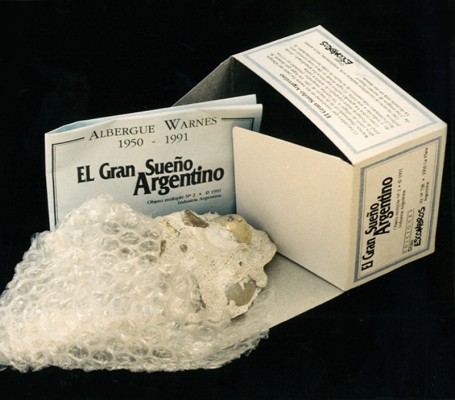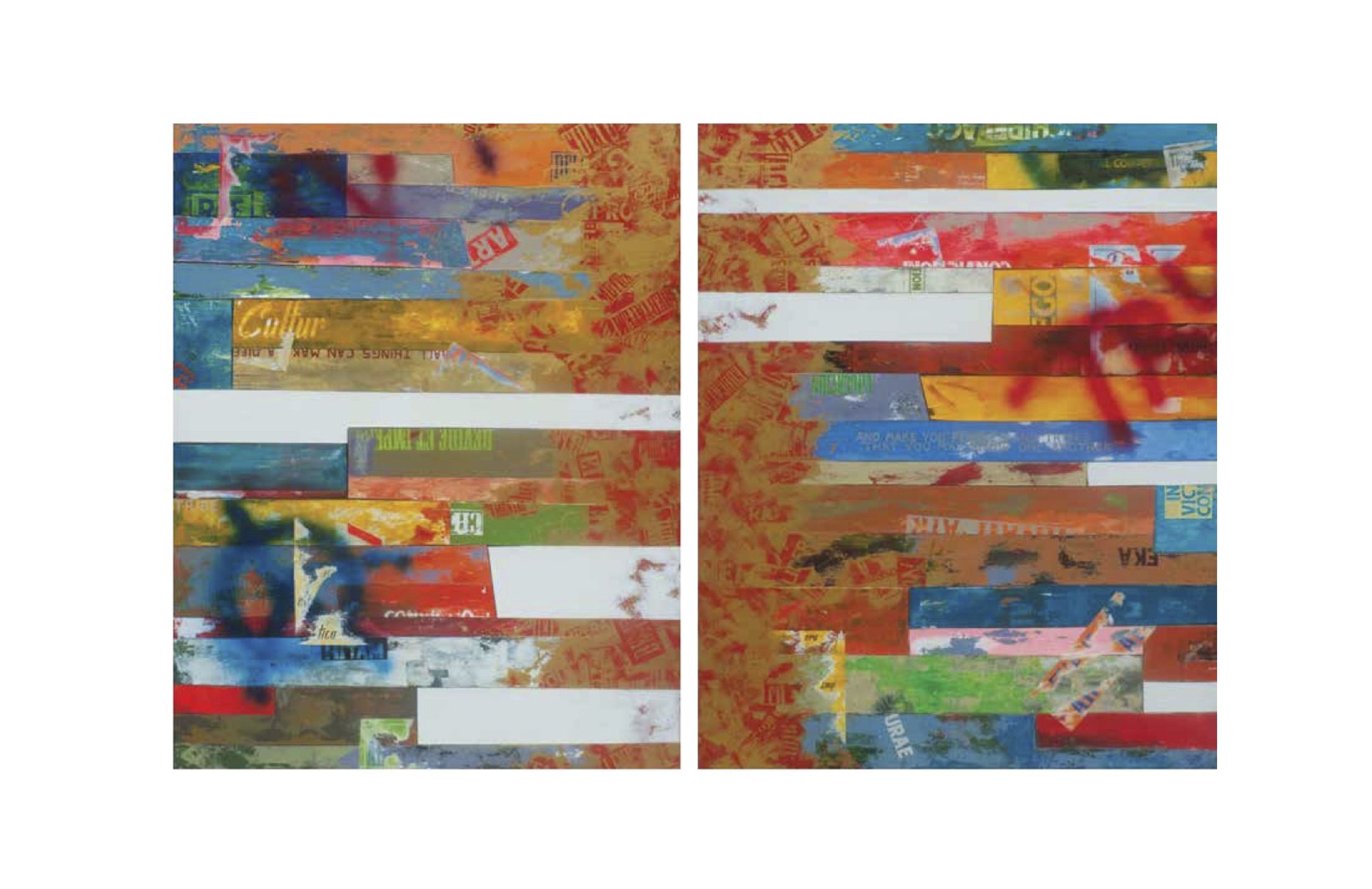
“In 2002 … we were dragged down by the swamp of the Hungarian left. … But, Dear Friends, in 2002 we … did not adopt a defensive attitude, … we played to win and proclaimed the Reconquista. …
The plan succeeded. In 2010 we came back. … Hungary is the laboratory in which we tested the antidote to dominance by progressives. … This spring Hungary has received its fourth dose, … the patient has been completely cured. The medication is open-source, free of charge, and comprises twelve points …
[1] … Play by our own rules. The only way to win is to refuse to accept the solutions and the paths offered by others. … Those who play by their opponents’ rules are certain to lose.
[2] … National conservatism in domestic politics. The cause of the nation is not a matter of ideology, nor even of tradition. The reason that churches and families must be supported is that they are the building blocks of the nation. … The Achilles heel of progressives is precisely that they want to impose their dreams on society. But for us that danger is also an opportunity, … one must find the issues on which the Left is completely out of touch with reality and highlight them …
[3] … The national interest in foreign policy. Progressives always think that foreign policy is a battle of ideologies: a battle between good and bad … Something is wrong with that concept. Our response should be …: the Nation First! Hungary First! America First! … We know that Ukraine is not defending Hungary. That is a nonsensical idea! … Our aim is to restore peace, not to continue the war, because that is what is in our national interest. Hungary First!
[4] … we must have our own media. We can only show up the insane ideas of the progressive Left if we have media that helps us to do this. … Naturally, the Grand Old Party, too, has allied media outlets, but they are no match for the liberals’ dominance of the media. My friend Tucker Carlson stands alone and immovable. His show has the highest audience figures. What does this mean? It means that there should be shows like his day and night – or, as you say, 24/7.
[5] … expose your opponent’s intentions. … We must not only break down today’s taboos, but also tomorrow’s taboos. … For instance, there is the issue of LGBTQ propaganda targeting children. This is still a new thing over here, but we have already destroyed it. We brought the issue out into the open and held a referendum on it. The overwhelming majority of Hungarians have rejected this form of sensitization of children. By revealing at an early stage what the Left were preparing for, we forced them on the defensive, and when they attacked our initiative they were eventually forced to admit the reality of their plan. …
[6] … economic policies that benefit the majority of voters. … In the final analysis people want jobs: people want jobs, not economic theories. … If a government of the right is unable to deliver all this, it is doomed to failure.
[7] do not get pushed to the extreme. … What is the difference between the denial of science by the extreme right and the denial of biology by LGBTQ movements? The answer is simple: there is no difference whatsoever. We must render unto Caesar the things that are Caesar’s, unto God the things that are God’s, and unto Science the things that are Science’s. We may gain immense popularity on internet forums by promoting conspiracy theories – … but in reality we will alienate a large proportion of the electorate, find ourselves pushed to the margins, and eventually we will lose.
[8] … read every day. A book a day keeps the defeat away. … Reading … helps us to understand what our opponents think and where their thinking is flawed. If we know that, the rest is mere technique. … It is true that the spin doctor is a useful species; but understanding the problem is something that must be done by us as policymakers.
[9] … have faith. A lack of faith is dangerous. If you do not believe that there will be a final reckoning and that you will be held to account for your actions before God, you will think that you can do anything that is in your power. …
[10] … make friends. Our opponents, the progressive liberals and neo-Marxists, have unlimited unity: they have one another’s backs. By contrast, we conservatives are capable of squabbling with one another over the smallest issue. And then we wonder at how our opponents corner us. We do indeed possess intellectual sophistication, and we care about intellectual nuance. But if we want to succeed in politics, we should never look at what we disagree on, but instead look for our common ground. … Believe me, if we do not, our opponents will hunt us down one by one.
[11] … build communities. … The fewer communities there are and the lonelier people are, the more voters go to the liberals; and the more communities there are, the more votes we get. It is as simple as that. …
[12] … build institutions. For successful politics, one needs institutions and institutes. Whether they are think tanks, educational centers, talent workshops, foreign relations institutes, youth organizations or whatever, they should have a political aspect. Let us not forget: politicians come and go, but institutions stay with us for generations. They, the institutions, have the capacity to renew politics intellectually. New ideas, new thoughts and new people are needed again and again. If they run out, we will run out of ammunition, and our opponent will show no mercy in laying us low.”
… Progressives are threatening the whole of Western civilization … Progressive liberals, neo-Marxists intoxicated by the dream of wokeness, those in the pay of George Soros, the advocates of the open society. They want to abolish the Western way of life that you and we love so much: what your parents fought for during World War II and the Cold War, and what we fought for when we drove the Soviet communists out of Hungary.
My Friends,
We must take up the fight … We must take back the institutions in Washington and Brussels. … We must coordinate the movement of our troops, because we face a great challenge. … The Hungarian lesson is that we have no silver bullet. We only have work. We need to do it. Let’s go out and do it! Thanks and good luck!”
aus: Speech by Prime Minister Viktor Orbán at the opening of CPAC Hungary, Cabinet Office of the Prime Minister, Budapest, 19.5.22, im Internet 
Abb.: Lucia Žatkuliaková, Slowakei, 2024, taz online, im Internet.
05/22





